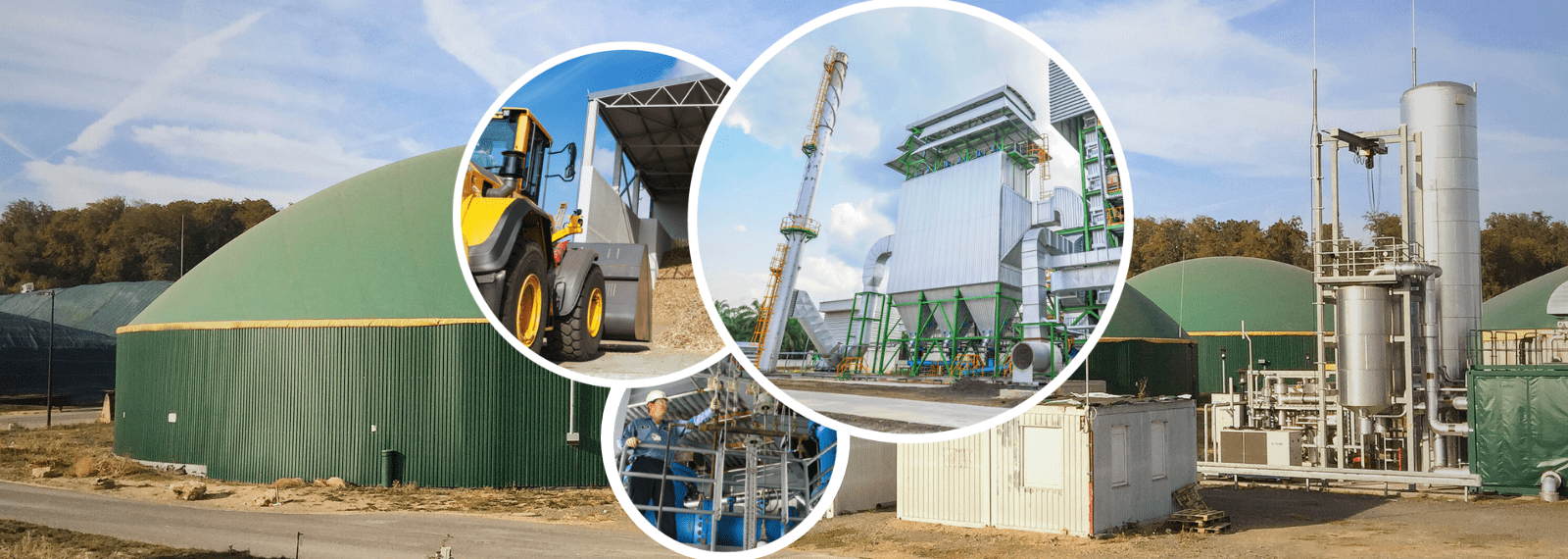
Major Renewable Energy Project in Louisiana
Large-Scale Biomass Methanol Production Advances Clean Energy Transition
Biomass-based methanol production is emerging as a serious contender in the race to decarbonise sectors where electrification is not yet viable. As global demand for renewable methanol grows—both as a clean fuel and as a key feedstock in industrial applications—projects that integrate sustainable biomass feedstocks and carbon capture technologies are gaining significant traction. Yet, scalable, technically robust examples of such renewable energy facilities remain rare. Most biomass-to-methanol projects operate at pilot or small commercial scale, and very few have demonstrated the integration of advanced gasification technologies with large-volume production and biogenic CO2 sequestration.
Beaver Lake Renewable Energy: North America's Largest Biomass Methanol Facility
This is what makes the Beaver Lake Renewable Energy (BLRE) project in Louisiana particularly notable. Designed to convert over 500,000 tonnes of sustainably sourced wood biomass into green methanol annually, it represents one of the largest and most technically ambitious renewable methanol facilities of its kind in North America. The project combines SunGas Renewables' proprietary biomass gasification system with downstream methanol synthesis and integrated biogenic CO2 capture, targeting up to 1 million tonnes of carbon sequestration per year.
Led by C2X and developed in collaboration with SunGas and Jacobs Engineering, the biomass energy project addresses multiple energy transition goals simultaneously: reducing carbon intensity, utilising waste biomass resources, and supporting the emergence of renewable methanol as a sustainable marine fuel and industrial fuel alternative.
EPConsult Energies Delivers Critical RAM Analysis for Biomass Methanol Project
EPConsult Energies was engaged to support the early-phase RAM (Reliability, Availability, and Maintainability) workstream for the BLRE renewable energy project. In early 2025, our technical team facilitated a comprehensive two-day workshop on site, bringing together key stakeholders to align on scope, assumptions, and methodology for this groundbreaking biomass-to-methanol facility.
Comprehensive Technical Analysis for Renewable Methanol Production
Our renewable energy team introduced a RAM framework specifically tailored to the biomass gasification project architecture, including:
- Process pathway review from biomass handling through to methanol output
- Failure mode assessment using industry-standard OREDA reliability data
- Draft reliability block diagrams for critical biomass processing systems
- Maintenance strategy development for sustainable operations
- Risk assessment for delivery performance optimization
The technical sessions maintained a strong focus on collaboration and transparency to support accurate modelling and informed decision-making for this major renewable energy investment.
Supporting Clean Energy Project Development Through Technical Excellence
Our role ensures that as the biomass methanol project progresses from FEED (Front-End Engineering Design) to execution, system reliability and maintainability considerations are embedded early in the design process. This approach enables smoother operations, optimized maintenance schedules, and enhanced long-term performance for renewable methanol production.
Expert Engineering Support for Biomass and Biofuel Projects
If you're developing a biomass energy project, biofuel facility, or carbon capture and storage (CCS) initiative, and require independent engineering input to de-risk planning or execution phases, contact us. Let's discuss how our specialized technical advisory services and RAM capabilities can support your renewable energy goals and ensure project success.
